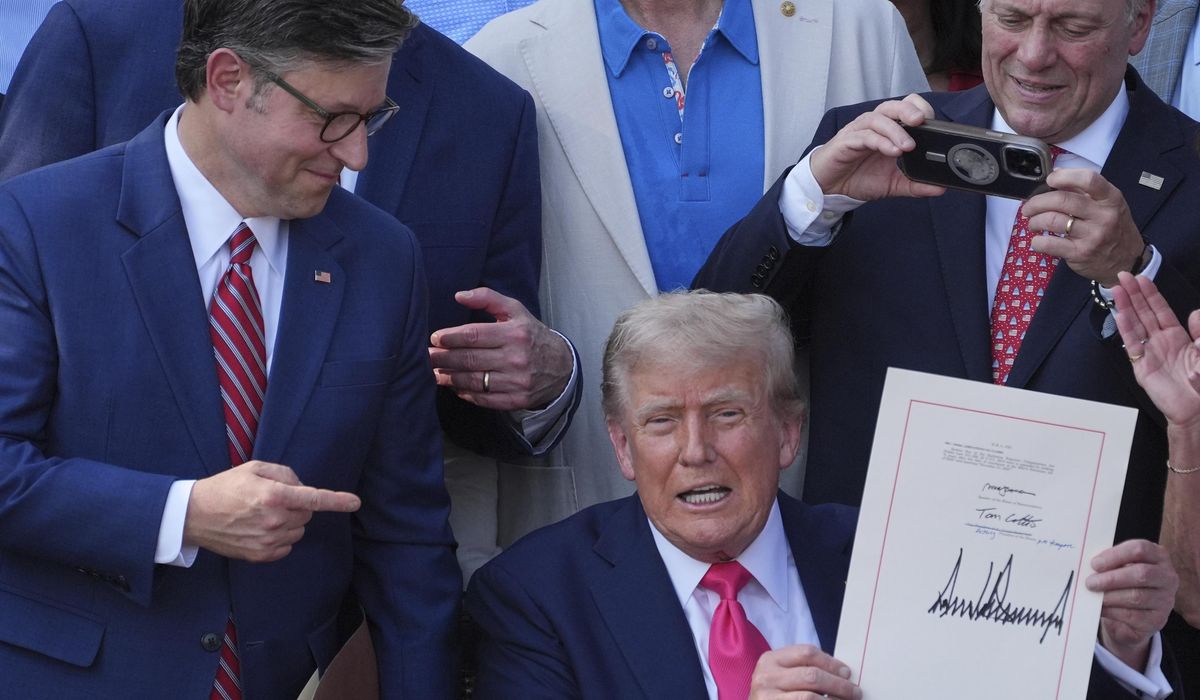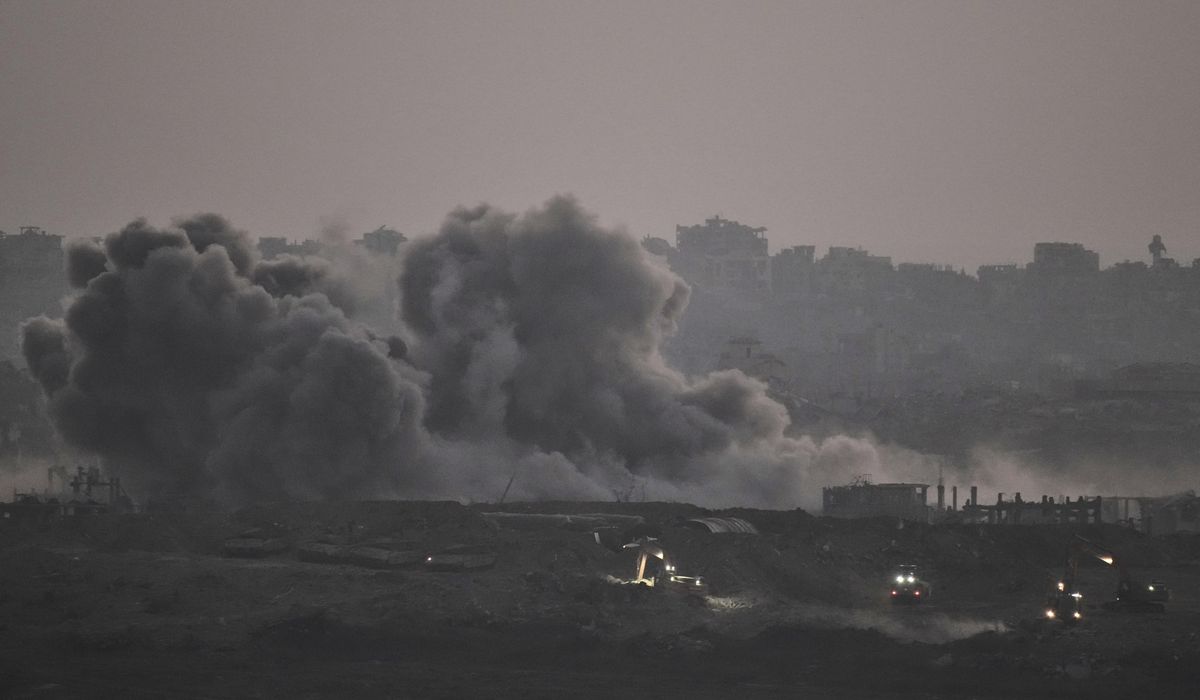ARTICLE AD BOX
NEW DELHI -- Prime Minister Narendra Modi on Friday inaugurated one of the most ambitious railway projects ever built in India, which will connect the Kashmir Valley to the vast Indian plains by train for the first time.
Dubbed by government-operated Indian Railways as one of the most challenging tracks in the world, the 272-kilometer (169-mile) line begins in the garrison city of Udhampur in Jammu region and runs through Indian-controlled Kashmir’s main city of Srinagar. The line ends in Baramulla, a town near the highly militarized Line of Control dividing the Himalayan region between India and Pakistan.
The line travels through 36 tunnels and over 943 bridges. The Indian government pegged the total project cost at around $5 billion.
One of the project’s highlights is a 1,315-meter-long (4,314-foot) steel and concrete bridge above the Chenab River connecting two mountains with an arch 359 meters (1,177 feet) above the water. Indian Railways compared the height to the Eiffel Tower in Paris, which stands 330 meters (1,082 feet), and said the bridge is built to last 120 years and endure extreme weather, including wind speeds up to 260 kph (161 mph).
Modi visited the Chenab bridge with tight security, waving an Indian tri-color flag before boarding a test train that passed through picturesque mountains and tunnels to reach an inauguration ceremony for another high-elevation bridge named Anji.
The prime minister also helped launch a pair of new trains called “Vande Bharat” that will halve the travel time between Srinagar and the town of Katra in Jammu to about three hours from the usual six to seven hours by road.
Modi travelled to Indian-controlled Kashmir on Friday for the first time since a military conflict between India and Pakistan brought the nuclear-armed rivals to the brink of their third war over the region last month, when the countries fired missiles and drones at each other.
The conflict began with a gun massacre in late April that left 26 people, mostly Hindu tourists, dead in Indian-controlled Kashmir. India blamed Pakistan for supporting the attackers, a charge Islamabad denied.
Addressing a public rally in Katra, Modi lashed out at Pakistan and alleged Islamabad was behind the massacre. He said the attack was primarily aimed at Kashmir’s flourishing tourism industry and meant to fuel communal violence.
“I promise you, I won’t let developmental activities stop in Kashmir,” Modi said, adding that local industries and businesses will get a boost from the new rail connectivity.
The railway project is considered crucial to boosting tourism and bringing development to a region that has been marred by militancy and protests over the years. The line is expected to ease the movement of Indian troops and the public to the disputed region, which is currently connected by flights and mountain roads that are prone to landslides.
India and Pakistan each administer part of Kashmir, but both claim the territory in its entirety. Militants in the Indian-controlled portion of Kashmir have been fighting New Delhi’s rule since 1989. Many Muslim Kashmiris support the rebels’ goal of uniting the territory, either under Pakistani rule or as an independent country.
India insists the Kashmir militancy is Pakistan-sponsored terrorism, a charge Islamabad denies. Tens of thousands of civilians, rebels and government forces have been killed in the conflict.

 4 weeks ago
57
4 weeks ago
57








 English (US) ·
English (US) ·